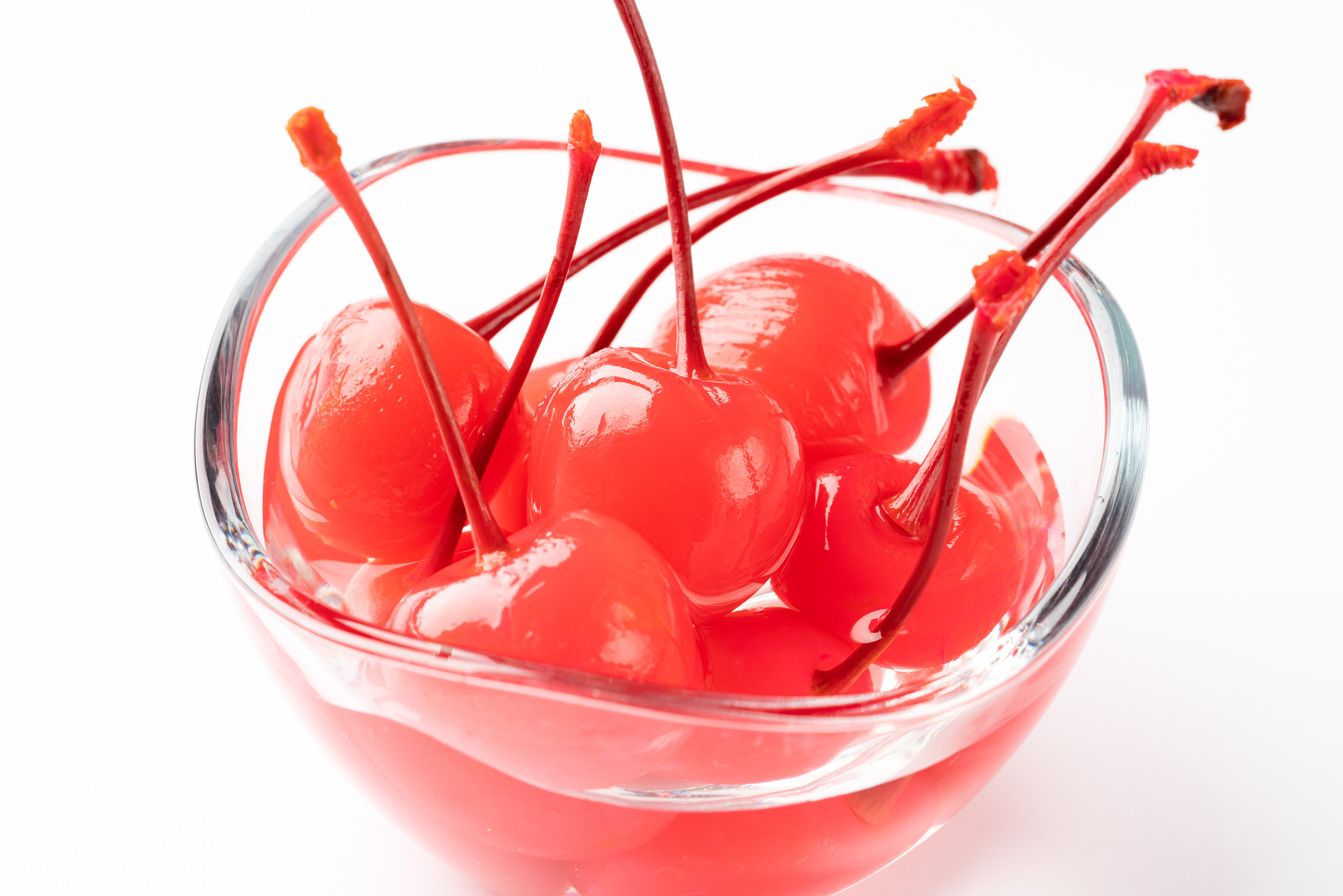Hundreds of years ago, the kulan, or more commonly known as the wild donkey, were established inhabitants of the Eurasian Steppe, from the Mediterranean to the east of Mongolia. Sadly for the kulan though, two hundred years of hunting and habitat loss has led to a decline of 95 percent of the animal’s range, putting them on the IUCN Red List.
But thanks to the efforts of non-profits Rewilding Europe and Rewilding Ukraine, the kulan’s population may soon once again flourish, starting in the Danube Delta — Europe’s largest and best-preserved river delta, already rife with birds and other wild animals.
To reintroduce the species, the teams have translocated a herd of 20 kulans to the delta’s Tarutino Steppe in Ukraine into a large fenced enclosure for a period of acclimation. Later this year or early next year, the herd will be allowed to roam free on the steppe, “returning to an environment where they have been absent for hundreds of years,” notes Rewilding Europe.
Playing an important role in the rewilding of the steppe, the kulan is expected to increase biodiversity while reducing wildfire risk through grazing and give nature tourism in the region a boost. Eventually, the initiative will result in a free-roaming herd of 250 to 300 individuals by 2035.
While this program is focused just in the delta area, Rewilding Europe hopes to continue with kulan reintroductions in other extreme European environments in the future.












